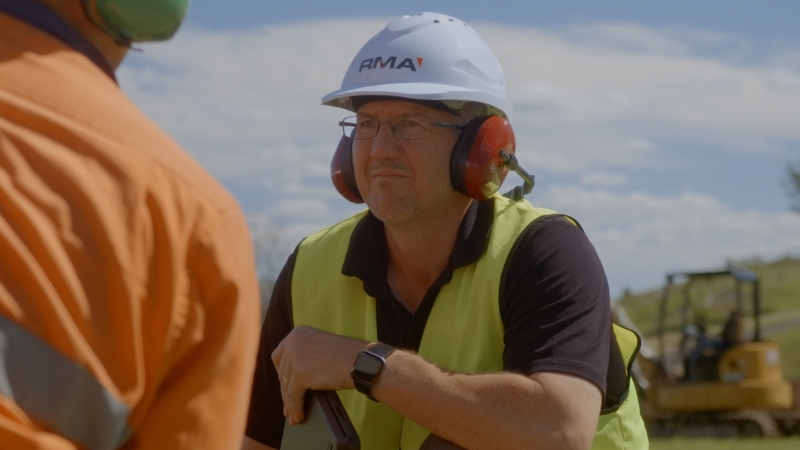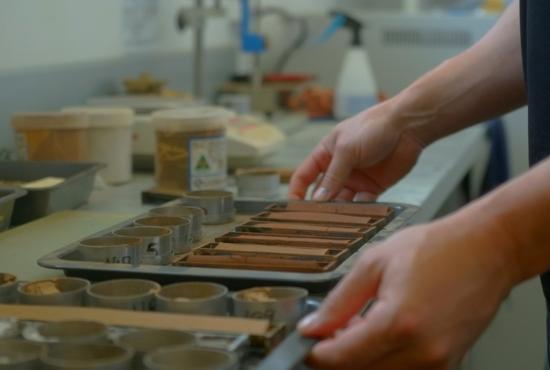

It is for this reason that the Board of Professional Engineers Queensland regulates the profession rigorously under the guide of the Professional Engineering Act 2002 (Qld). Part of this regulation is the requirement for professional engineering services pertaining to projects constructed in Queensland be carried out or, at the very least, supervised by RPEQ-certified engineers.
RPEQ registration highlights an engineer’s formal qualification/s, skills, competency, industry experience and ongoing commitment to professional development and education.
The RPEQ registration system sets the benchmark for quality and ensures that only qualified, competent and experienced engineering providers are engaged to design, develop and maintain buildings and other infrastructure used by the public every day.
RPEQ refers to a Registered Professional Engineer of Queensland certification. When an engineer obtains an RPEQ status, they are recognised in the industry as a professional who possesses competence and qualifications in accordance with Queensland regulatory standards.
RPEQ certification covers several engineering disciplines including civil, structural, mechanical, electrical and mining. Geotechnical engineering falls under the umbrella of civil engineering.
In a nutshell, when construction projects in Queensland require professional engineering services, an RPEQ-certified engineer must supervise, or at the very least review and sign off on, the design and construction of those projects. This regulation also pertains to Queensland-based projects where an interstate, or international, engineering professional is engaged to provide the service.
While the RPEQ certification system is limited to Queensland, regulatory bodies in other states and territories generally also require other certifications or qualifications for engineering projects based locally to them.
When a construction project has been signed off by an RPEQ-certified engineer, it provides a level of client, and public, assurance that the project has been professionally designed according to relevant safety and quality standards.
Due to the complex nature of the work undertaken in this profession, the registration and regulation of engineers in Queensland is pivotal in ensuring their consistency, competence and capability.
RPEQ certification is designed to protect clients and the wider community against inadequate, unsuitable or unsafe construction projects.
At RMA Soils + Geotechnical, we are proud to have an RPEQ-certified engineer on our team. Director and Engineering Geologist, Danny Coleborn’s RPEQ status provides the local industry with greater access to specialist geotechnical services that were previously only supplied by businesses outside the Toowoomba region.
As the Technical Principal of RMA Soils + Geotechnical, Danny works alongside fellow Director Dan Keogh, to lead the team in the delivery of geotechnical services. Danny’s RPEQ status represents a significant amount of hard work and dedication to the profession, including over 8,000 site investigations throughout Queensland.
Having an RPEQ-certified engineer on our team means that we are able to provide full scale geotechnical and geological engineering services right across Queensland.
To attain RPEQ status, an engineer must satisfy certain criteria pertaining to their competence, qualifications and professionalism, and then pass an assessment by an approved auditing agency on behalf of the Board of Professional Engineers Queensland.
This strict qualification and assessment process is stringently followed to ensure that every engineer is held to the same standard:
1. Engineers must complete a four-year minimum Bachelor of Engineering degree (or equivalent) at an Australian university. If the engineer is an international expat, an additional fee is typically required.
2. Once the engineer has completed the tertiary education requirements, they then must develop what is referred to as competency in the industry, by way of real life working experience. To satisfy this component of the criteria, engineers must obtain a minimum of five years employment as a professional engineer, working under the guidance and direction of another qualified RPEQ engineer.
3. In addition to being qualified and competent as outlined above, the engineer must obtain a minimum amount of hours of structured ‘continuing professional development’ (CPD), which is to be completed over the course of the three prior years to the registration application. CPD is considered as any kind of training, education or upskilling that helps to broaden the engineer’s knowledge and understanding, expand their technical capabilities and overall, further develop their engineering career. Effective CPD should enable them to maintain their technical competence in an ever evolving industry, enhance their success in the workplace, develop high-level leadership skills and the ability to mentor their peers, successfully learn how to navigate the complexities of their career, and ensure they can better serve their clients and the wider industry.
4. Once the engineer meets all the qualification requirements, they can then be assessed by an external auditing body who has been approved by the Board of Professional Engineers Queensland. After the assessment has been completed, they can then submit a registration application to BPEQ outlining their qualifications, competence and experience, and accompanied by the results of their independent assessment.
5. Finally, once an engineer has been registered as an RPEQ, they are held to a strict code of conduct and must commit to continuing the development of their professional skills over the course of their career.
As you can see, RPEQs are held to an incredibly high standard of professionalism and practice and are committed to the ongoing refinement of their craft. After going through the rigorous application process, the RPEQ title is protected by law. This ensures that only qualified, competent and experienced engineers are using it.
If you’d like more information on the suite of services we deliver and how our RPEQ can add value to your project, head on over to the services section of our website or reach out directly at enquiries@rmasoils.com.au.
